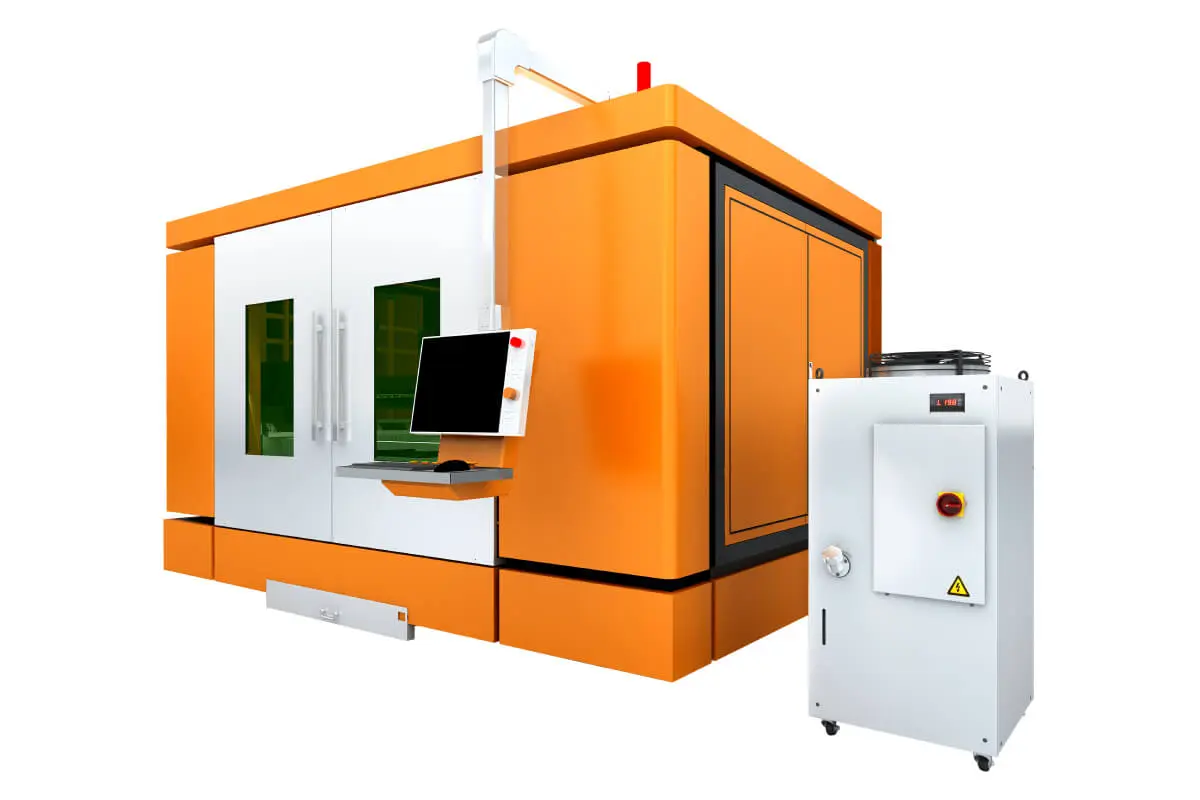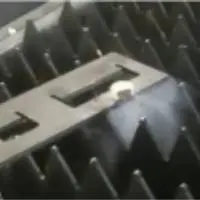****
In the ever-evolving landscape of manufacturing, CNC (Computer Numerical Control) machines have emerged as pivotal tools, especially in the working of metals. They provide an efficient, precise, and versatile means of fabrication that has revolutionized various industries, including aerospace, automotive, and even electronics. This article delves deep into the realm of CNC machines tailored for metalworking, exploring their benefits, applications, and the technology that powers these modern marvels.

Exploring the Benefits and Applications of CNC Machines for Metal: A Comprehensive Guide for Modern Manufacturers
Understanding CNC Machines
CNC machines operate using computer software to control tools that cut, shape, and engrave metal. The process begins with a digital blueprint created using CAD (Computer-Aided Design) software. The CNC machine then executes the programmed instructions, operating various tools such as mills, lathes, plasma cutters, and routers to perform the necessary operations on metal workpieces.
Advantages of CNC Machines for Metalworking
1. **Precision and Accuracy**: One of the standout features of CNC machines is their ability to produce components with extreme precision. This accuracy is vital when working with metals that require tight tolerances. Advanced CNC technologies can achieve tolerances as low as ±0.001 inches, making them ideal for complicated parts in industries like aerospace and automotive manufacturing.
2. **Efficiency and Speed**: CNC machining significantly speeds up the production process. With automated systems, tasks that would take hours or days to complete manually can often be finished in a matter of minutes. Faster machining times result in higher productivity and more efficient use of resources.

Exploring the Benefits and Applications of CNC Machines for Metal: A Comprehensive Guide for Modern Manufacturers

Exploring the Benefits and Applications of CNC Machines for Metal: A Comprehensive Guide for Modern Manufacturers
3. **Flexibility**: CNC machines can quickly adjust to different designs and specifications. This adaptability means manufacturers can easily switch from one project to another without significant downtime, a crucial feature in today’s fast-paced market environment.
4. **Scalability**: When production volumes increase, CNC machines can scale operations with ease, allowing for high-volume production runs without sacrificing quality or precision. This scalability provides businesses with the ability to meet fluctuating demands swiftly.
5. **Repeatability**: Once a CNC machining program is written for a specific part, it can replicate that part with consistent quality. This repeatability is vital in industries where even small variations can lead to significant problems.
Applications of CNC Machines in Metalworking
CNC machines are utilized across various applications in metalworking, showcasing their versatility:
– **Prototype Development**: CNC machines are invaluable in prototype development, where designers can quickly and efficiently create models for testing and evaluation. This rapid prototyping capability allows for iterative design processes that can refine products before full-scale production.
– **Custom Parts Production**: Whether it’s for specialized machinery or unique one-off designs, CNC machines can produce custom metal parts tailored to specific requirements, ensuring that businesses can meet niche demands efficiently.
– **Sheet Metal Fabrication**: In industries that utilize sheet metal, CNC machines can perform cutting, bending, and forming operations with precision. Techniques such as laser cutting, plasma cutting, and waterjet cutting enable manufacturers to create intricate designs and components.
– **Complex Component Manufacturing**: CNC machining excels in producing complex components that would be difficult or impossible to make by hand. For example, intricate geometries for turbine blades, engine blocks, and other critical components are easily managed by CNC technology.
– **Mass Production**: Industrial CNC machines are equipped to handle mass production runs, manufacturing thousands of the same part with tight tolerances and minimal waste, significantly reducing costs over time.
Conclusion
In conclusion, CNC machines for metalworking represent a significant advancement in manufacturing technology. With their precision, efficiency, adaptability, and scalability, these machines have become essential in various industries, enabling businesses to meet increasing demands for quality and performance. As technology continues to evolve, the capabilities of CNC machines will expand, further transforming the metalworking landscape and solidifying their status as indispensable tools for modern manufacturers. For any business considering an investment in production technologies, exploring CNC machines and their comprehensive applications for metalwork is a crucial step toward enhancing operational efficiency and competitiveness in today’s dynamic market. Fiber Laser Cutting Machine For Metal
